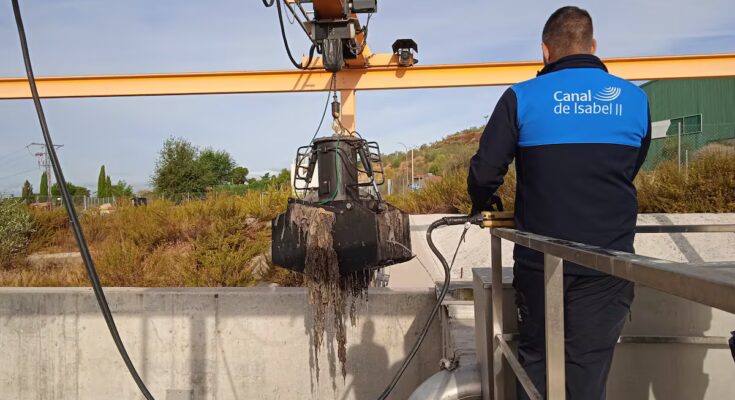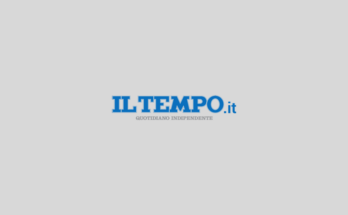The gesture seems harmless: the wet wipe that, after flushing the toilet, disappears into the vortex of the toilet. But a journey begins with catastrophic consequences: blockages in the pipes, in the building’s downspouts, clogged sewers, collapsed collectors and tons of polluting waste that can end up in river beds.
In 2024, the Canal de Isabel II treatment plants removed 33,000 tons of solid waste, or more than four kilos per inhabitant. Since 2018, every year the amount collected has been around or above 30,000 tonnes. A real disaster for those who try to place vehicles with nets, bars and containment systems throughout the sanitation network; a solution which, however, is always partial. Prevention is key: the toilet can never be used as a rubbish bin.
The monstrous enemy of urban drainage
Toilet paper degrades, dissolves in water. Fibers from wet wipes, no. Not even those that warn of their biodegradability on the packaging, since it is a process that takes years and does not alleviate the problem they cause. Wipes, tablets, cotton swabs, condoms, cotton pads and rags have become critical threats to plumbing infrastructure, as they tangle and form tangles that stick to pipe walls and cause blockages.
The journey of a towel
The fibers of rinsed wipes do not dissolve in water. They are the main cause of traffic jams.
1
They get tangled and stick to the walls of the pipes, causing damage to homes and buildings.

2
Then they go into the sewers. The subsoil of the Community of Madrid is covered by a network of 16,000 km.

3
If rain and solid waste saturate the network, The excess is evacuated directly into the channels through the spillways.

4
Barriers and nets have been installed to stop the flow of waste. In 2024, 2,000 tonnes will be removed from these spillways.

5
Before being discharged into the rivers, the water coming from the sewerage system passes through the purification plant: In 2024, more than 33,000 tons of waste were removed.

6
All this pollution would be avoided if the wipes and the rest of the intimate hygiene products were thrown in the garbage.
They affect first the pipes of the buildings themselves, then the municipal collectors and, finally, the pumping systems. In many cases, operators must resolve blockages in grates and hydraulic pumps that have become unusable, an action that involves a physical risk for workers, as well as a high economic cost. The Spanish Association of Urban Water (DAQUAS) has estimated that the treatment of this waste increases maintenance costs by between 10% and 15%, which translates into around 230 million euros per year across Spain.
In the Community of Madrid alone, Canal de Isabel II invests more than five million euros a year in this fight: cleaning up bombs, removing and safely transporting waste, landfill fees and replacing damaged equipment. “It’s a million dollar bill that we could avoid if every citizen threw their wipes in the bin,” they explain from the public company.
In the Community of Madrid alone, Canal de Isabel II invests more than five million euros a year in this fight: cleaning up bombs, removing and safely transporting waste, landfill fees and replacing damaged equipment.
An underground network of 16,000 kilometers
The subsoil of Madrid hides a sanitation network of over 16,000 kilometres, a labyrinth of tunnels through which both wastewater from homes and industries and rainwater collected during storms circulate. When it rains heavily, the system is forced to discharge excess flow directly into natural channels.
Here another risk arises: if the network is loaded with solid waste, this can reach the rivers without being purified. In these cases, the networks, bars and other containment systems installed in the over 300 existing spillways in the region play the role of mitigating the consequences of the spill. But the technicians are clear: these measures are palliative, not preventive.
Frequently asked questions
Intimate hygiene products that cannot be flushed down the toilet

Wipes

Swabs
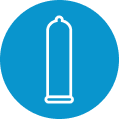
Condoms

Compresses

Swabs
The other enemies of the sewer system

Butts

chewing gum

Cards
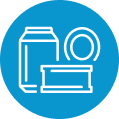
Cans
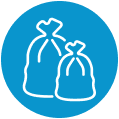
Bags

hairballs
Remember

In the bathroom only toilet paper.
Environmental threat
One morning, one day, one week of heavy rain. The tangles of wipes, cigarette butts, chewing gum, papers, bottles, cans, wrappers or animal waste bags carried by the stream suddenly clog the sewers and pumping systems. In stormy episodes, if the network reaches its limit, the wastewater, without treatment or transformation, can end up in rivers and streams. An impact that doesn’t stop at the waterways themselves: microplastics from hygiene products end up being incorporated into the natural water cycle. The image of a towel floating on the surface of a river or lake is not an anecdote: it is the mirror of a system overwhelmed by daily abuse and incivility.
It’s in our hands
Raising awareness and preventing thousands of tonnes of waste from reaching the sanitation network: this is the aim of the campaign launched by the Canal de Isabel II, entitled Put the wipes in the bin. Through videos, commercials and actions, the initiative wants to remind us that eradicating river pollution is a common responsibility, that a paper mill can represent a definitive turning point in this fight. The motto, simple and visual, calls for daily action: play honestly.
The campaign launched by Canal de Isabel II, “Put the wipes in the bin”, aims to raise public awareness and prevent thousands of tonnes of waste from reaching the sanitation network.
In a context where public infrastructures are working at their limits, citizen prevention is the most powerful tool. «Retention systems and purifiers are the last shield», underlined by Canal, «but the real change begins at home, with every toilet flush». Because every euro invested in the removal of solid waste from sewers is a euro that is not dedicated to improving infrastructure, digitalizing the network or strengthening canal surveillance. And, above all, it is proof that technology cannot replace citizen behavior.
At a time when cities aspire to be more resilient and sustainable, change starts small. Not throwing a wipe down the toilet is, perhaps, the simplest – and most effective – gesture that a citizen can make to protect an essential system that works, silently, under his feet.
